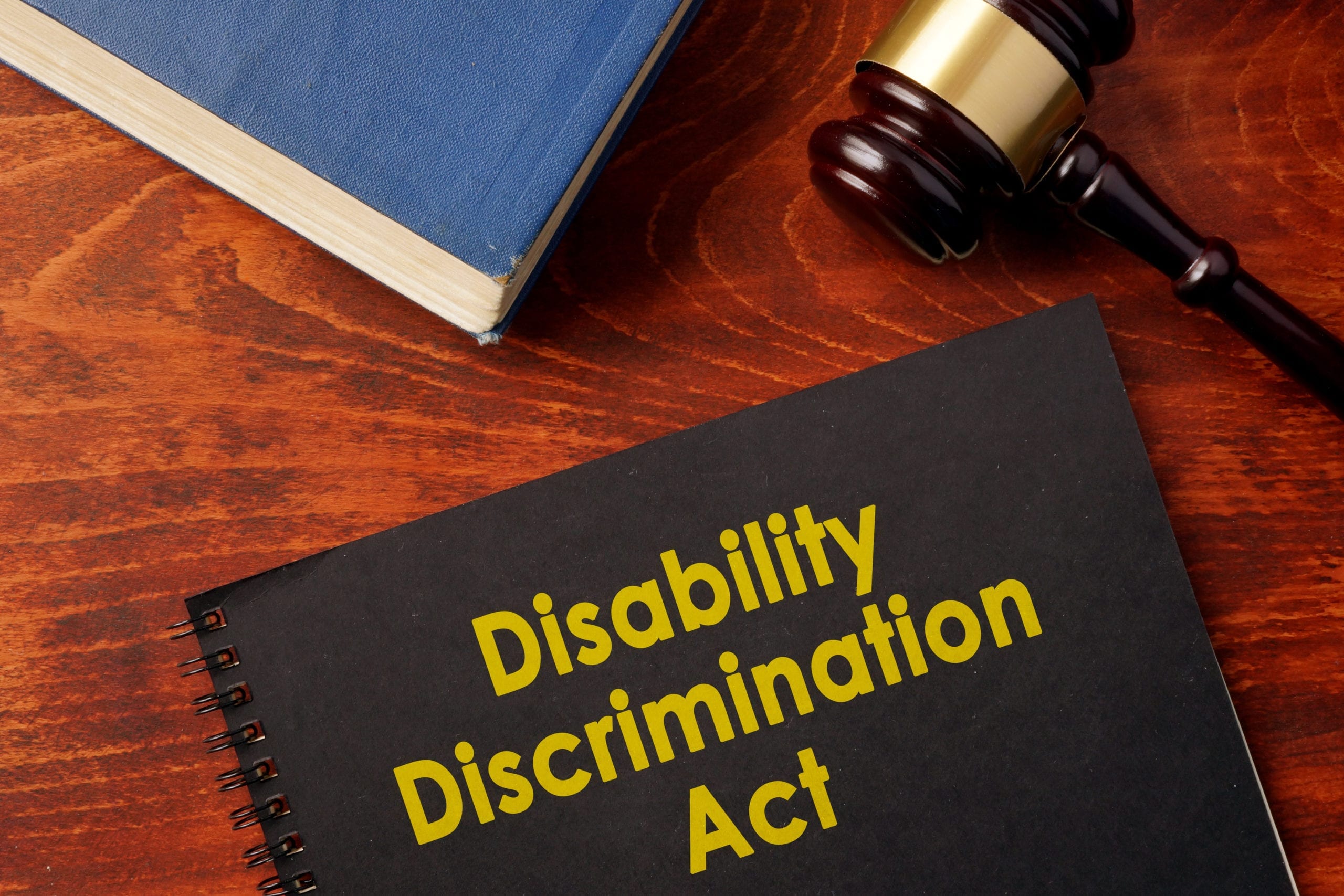Brian J Graber LLC can maximize damages for Illinois employees on disability retaliation claims by filing disability retaliation claims under the Illinois Human Rights Act. You can maximize damages on disability retaliation claims in Illinois to avoid the result of the Kramer v. Banc of Am. Sec., LLC, 355 F.3d 961 (7th Cir. 2004).
The Illinois Human Rights Act (IHRA) and the Americans with Disabilities Act (ADA) make it an unlawful employment practice for employers to retaliate against employees for opposing disability discrimination. Disability retaliation occurs when an employer retaliates against an employee who reports workplace disability discrimination. Retaliation occurs when an employer retaliates against an employee for providing information during an investigation regarding workplace disability discrimination. Disability retaliation occurs when an employee suffers retaliation for filing a Charge of Discrimination with the Equal Employment Opportunities Commission or the Illinois Department of Human Rights. In Illinois, a problem arises on the best way to maximize damages for an employee with a successful disability retaliation claim.
ADA Does Not Allow Employees a Right to Jury Trials and Recovery of Compensatory and Punitive Damages.
The 7th Circuit Court of Appeals holds that an employee claiming retaliation in violation of the ADA cannot seek compensatory and punitive damages. See Kramer v. Banc of Am. Sec., LLC, 355 F.3d 961, 965-966 (7th Cir.2004). Compensatory damages are monetary compensation for the mental and emotional suffering caused by the employer’s retaliation. Punitive damages punish and deter future retaliation. Employees claiming disability retaliation under the ADA cannot seek a jury trial. See Kramer, 355 F.3d at 966. A successful employee on an ADA disability retaliation claim can seek recovery of backpay damages (lost wages) and equitable remedies in the form of reinstatement or front pay. In Illinois, there is a way to minimize the results of the Kramer decision.
The IHRA Allows Jury Trials and Compensatory Damages on Disability Retaliation Claims.
You can maximize damages on a disability retaliation claim. Bringing disability retaliation claims under the IHRA, 775 ILCS 5/6-101 avoids some of the results of limited recovery allowed under the ADA. Under 775 ILCS 5/8-111(A)(3) an employee can seek a jury trial on an IHRA claim for disability retaliation. 775 ILCS 5/8-111(A)(4) allows a jury to award the remedies allowed under 775 ILCS 5/8A-104. The IHRA, 775 ILCS 5/8A-104(B) allows for actual damages for injury or loss suffered by an employee. Actual damages include compensation for emotional harm and mental suffering. See ISS Int’l Serv. Sys. v. Human Rights Comm’n, 272 Ill.App.3d 969, 979 (1st Dist. 1995). Under the IHRA, an employee on a disability retaliation claim can seek a jury trial and may seek compensatory damages. Damages on a disability retaliation claim can be maximized by bringing disability retaliation claims under the IHRA.

Damages can be maximized after the Kramer decision by dual filing claims for disability retaliation under the ADA and the IHRA to allow recovery of compensatory damages and a jury trial on the IHRA claims. The IHRA, 775 ILCS 5/7A-102(A)(1) requires an employee to file a Charge of Discrimination with the Illinois Department of Human Rights (IDHR) within 300 days after the date of the civil rights violation was committed. Information on the IDHR’s Charge Process can be found at https://www2.illinois.gov/dhr/FilingaCharge/Pages/Intake.aspx
Michigan employees have broad protection from disability discrimination. Click here to learn more about Michigan disability discrimination protections.
Brian J Graber LLC prepares and dual files Charges with the IDHR and EEOC for clients who have retained our services. If you have any questions about disability discrimination and retaliation, contact Brian J Graber LLC, at the Illinois office: (312) 291-4648 or the Indiana office: (574) 395-5189 or in Michigan at (269) 230-6054 or by email for a free consultation.

 Maximize Age Discrimination Damages
Maximize Age Discrimination Damages